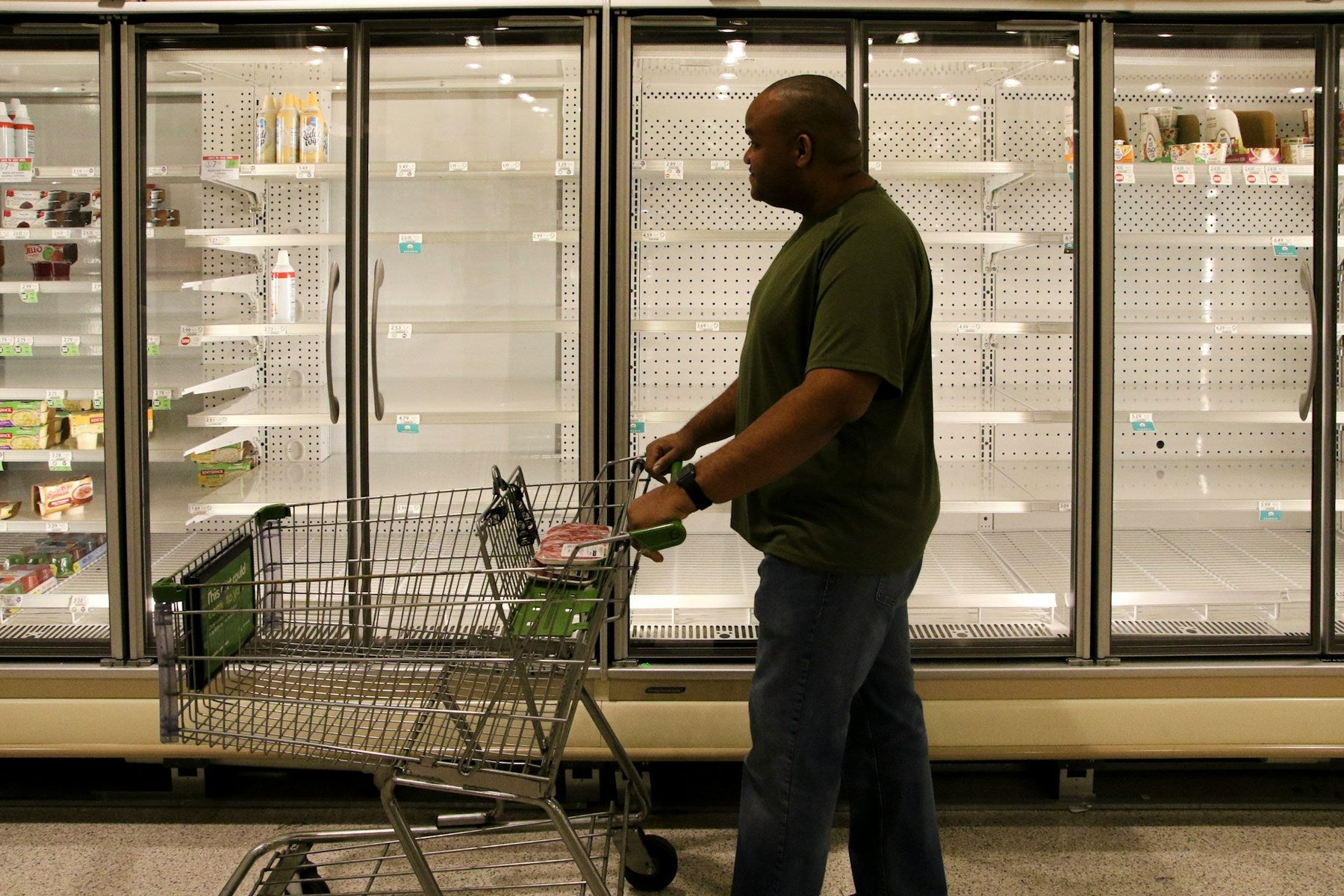
Best Practices for Storing Food in Commercial Fridges
Storing food correctly in commercial fridges is essential for maintaining both quality and safety. When food is stored properly, it not only stays fresh longer but also helps reduce waste and save costs for any business that relies on refrigeration. Knowing how to utilise fridge spaces wisely makes a big difference in daily operations.
Understanding temperature zones within fridges ensures food items are kept at their ideal conditions, preventing spoilage and contamination. Being organised in your approach to storage also maximises space, making it easier to find and manage inventory. This streamlines kitchen processes and keeps everything running smoothly.
Understanding Temperature Zones
Commercial fridges come with various temperature zones that are ideal for storing different types of food. These zones are designed to keep food items in their best condition and prevent spoilage. Knowing where to place food in a fridge ensures that it remains safe and fresh.
Typically, a fridge has several key areas:
- Top Shelves: These are the warmest parts of the fridge. It's best to store ready-to-eat foods here, like leftovers, cooked dishes, and drinks.
- Middle Shelves: These maintain a consistent temperature, making them suitable for dairy products, such as milk, cheese, and yoghurt.
- Bottom Shelves: Being the coldest, this section is great for storing raw meats, poultry, and seafood. This helps prevent juices from dripping onto other foods.
- Crisper Drawers: Specially designed to keep fruits and vegetables fresh by maintaining humidity.
- Fridge Door: The warmest part of the fridge; suitable for condiments and juices.
To use these zones effectively, regularly check temperature settings and adjust them as needed based on the types of food being stored. Consistent temperature monitoring is key to maintaining quality.
Organisation Tips for Optimal Storage
Good organisation in a commercial fridge maximises space and boosts efficiency. A well-organised fridge also helps reduce food waste by making it easy to track and locate items. Thinking about how you arrange food can streamline your operation significantly.
Here are some tips to get started:
- Place New Items Behind the Old: Rotate your stock by placing newer items in the back and older items up front to ensure everything gets used on time.
- Group Similar Items Together: Assign specific shelves for different categories like dairy, meat, and produce, helping staff find what they need quickly.
- Avoid Overcrowding Shelves: Leave enough space for air to circulate around items, which is essential for maintaining a consistent fridge temperature.
Using a reliable labelling system is another great way to keep track of food freshness. Label containers with the date of storage and any other important information like expiration dates. This practice not only helps manage stock efficiently but also ensures no food is kept longer than it should be.
By following these organisation tips, you create an effective system that saves both time and resources, keeping operations flowing smoothly.
Ensuring Food Safety and Hygiene
Keeping food safe in a commercial fridge involves more than just temperature management; it also requires strict hygiene practices. Preventing cross-contamination is essential for food safety. This happens when bacteria or allergens transfer from one food item to another, which can occur through improper storage or handling.
Here are some best practices to follow:
- Use Separate Containers: Store raw meats apart from other foods to avoid contamination. Use sealed containers to keep juices from leaking.
- Label Clearly: Ensure all containers are clearly labelled to prevent mix-ups and ensure that foods are used before they go bad.
- Personal Hygiene: Ensure that everyone handling food follows proper hygiene practices, like washing hands before touching food.
Regular cleaning routines help maintain a sanitary environment. Clean spills immediately to prevent bacteria growth and odours. Schedule routine deep cleaning for your fridge, including shelves and door seals, to keep everything in top condition. Use food-safe cleaning products to avoid contamination from harsh chemicals.
Commitment to hygiene ensures that food remains safe and that your establishment complies with health standards, building trust with your customers.
Prolonging Food Shelf Life
Prolonging the shelf life of food is a priority in any commercial setting. Using the right techniques and materials can keep food fresh longer and minimise waste. Proper storage methods preserve both the quality and nutritional value of food items.
Consider these strategies:
- Vacuum Sealing: Removes air around food products, slowing down decay. It’s particularly useful for meats and cheeses.
- Airtight Containers: Store leftovers and bulk items in airtight containers to keep air out and lock freshness in.
- Use of Wraps: For perishable items like fruits and vegetables, plastic wraps or foil can prevent drying out and exposure to bacteria.
Choosing suitable storage containers and wraps is crucial. Glass containers are durable and non-reactive, ideal for acidic foods. Plastic tubs or bags are lightweight and versatile for various food types. Ensure they are clean and dry before use to prevent mould and bacteria.
These practices extend the usability of ingredients, helping to manage costs better while maintaining the quality expected by your clientele.
Conclusion
Maintaining effective food storage practices in commercial refrigerators is essential for ensuring the highest standards of food quality and safety. Implementing proper temperature management, organisation, hygiene, and storage techniques greatly influence your business's success and customer satisfaction. Reducing waste and preserving freshness is not just better for business but also supports sustainability efforts.
By focusing on these best practices, businesses can ensure their operations remain efficient and compliant with health standards. It brings peace of mind, knowing that the food served is safe and of high quality, fostering trust from customers in an ever-demanding market. Reliable fridges serve as a cornerstone for operational excellence in the food service industry.
Refrigeration Experts is here to support you with top-notch refrigeration solutions tailored to your needs. Experience the difference with our trusted products and services, perfectly aligned with your business goals. Contact our refrigeration company today to discover how we can help you achieve optimal food storage and safety.
